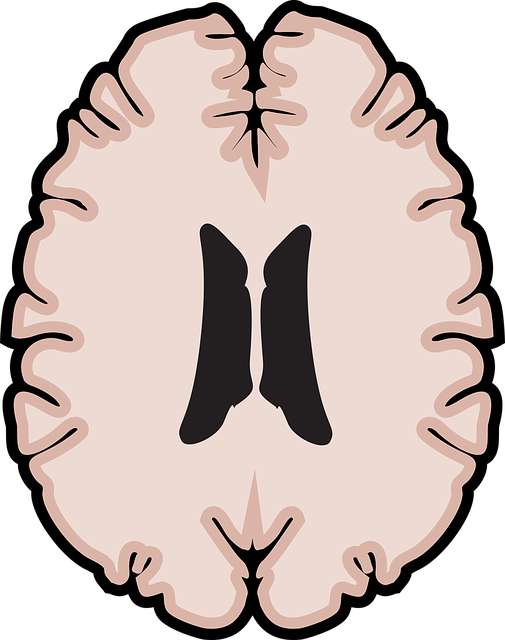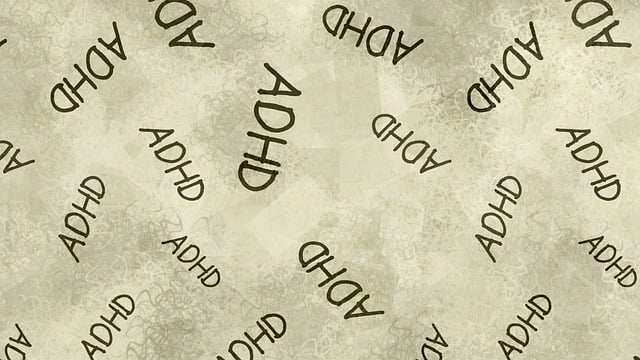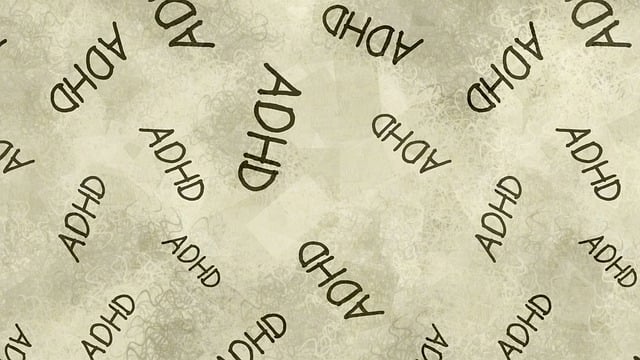Centennial Men's Issues Therapy (CMIT) offers specialized approaches to address unique mental health challenges faced by modern men, such as social dynamics and self-awareness. Proven strategies include Social Skills Training, Self-Awareness Exercises, and Mood Management. Program success relies on a holistic design incorporating diverse therapeutic methods, cultural sensitivity, and male-interest self-care practices. Evaluating CMIT requires multi-faceted assessment at both individual and community levels, using quantitative tools like questionnaires and qualitative methods like interviews for in-depth insights. Continuous improvement through iterative processes, driven by feedback and expert opinions, ensures CMIT remains relevant and impactful in addressing men's mental health needs.
Mental wellness programs aimed at addressing Centennial Men’s Issues require robust evaluation methods to ensure effectiveness. This article delves into essential strategies for assessing and improving such initiatives, offering a comprehensive guide. We explore contextual understanding of men’s mental health challenges, optimal program design and implementation, and key evaluation metrics. Additionally, qualitative assessment techniques and continuous improvement processes are discussed, providing insights for professionals in Centennial Men’s Issues therapy.
- Understanding Centennial Men's Issues: A Contextual Overview
- Program Design and Implementation for Optimal Impact
- Evaluation Metrics: Tracking Progress and Success
- Qualitative Assessment Techniques for Deep Insights
- Continuous Improvement: Iterating for Better Results
Understanding Centennial Men's Issues: A Contextual Overview

The unique challenges faced by men in today’s society often go unnoticed, particularly when it comes to mental wellness. Centennial Men’s Issues, a term coined to describe the specific struggles emerging in contemporary male populations, demand increased scrutiny and understanding. This contextual overview aims to shed light on the evolving landscape of male psychological health, recognizing that traditional therapeutic approaches may not always resonate with men’s distinct needs.
Social Skills Training, Self-Awareness Exercises, and Mood Management are proven strategies within the realm of Centennial Mens Issues Therapy. These methods acknowledge the importance of fostering healthy relationships, encouraging introspection, and regulating emotions—aspects often overlooked in the broader discourse on mental health. By tailoring interventions to address these specific issues, therapists can effectively support men in navigating the complexities of modern life while promoting long-term well-being.
Program Design and Implementation for Optimal Impact

Program Design and Implementation for Optimal Impact play a pivotal role in ensuring the success of any mental wellness initiative, particularly when targeting male-specific issues such as those often explored in Centennial Mens Issues Therapy. A well-structured program should be holistically designed, incorporating various therapeutic modalities to address diverse needs. This might include individual counseling sessions, group therapy, and creative outlets like art or writing workshops. For example, Mental Wellness Journaling Exercises can provide a safe space for men to process their emotions and thoughts, fostering self-reflection and personal growth.
Effective implementation involves careful consideration of cultural sensitivity, ensuring the program resonates with the target audience. Incorporating Self-Care Practices tailored to male interests can enhance engagement and encourage long-term participation. Whether through outdoor activities, sports, or community service projects, these practices should promote stress reduction and emotional well-being. By combining thoughtful design and implementation strategies, mental wellness programs can offer transformative experiences, ultimately improving the overall mental health of participants.
Evaluation Metrics: Tracking Progress and Success

Evaluating a mental wellness program requires a comprehensive approach to track its effectiveness and impact on participants’ lives, especially when addressing issues like those faced by men in the Centennial community. Key metrics include self-reported assessments, where individuals reflect on their symptoms, mood, and overall well-being using standardized questionnaires. These tools allow for before-and-after comparisons, helping therapists and researchers identify improvements or areas needing further attention. For instance, measures such as the Depression Anxiety Stress Scales (DASS) or the Patient Health Questionnaire (PHQ-9) can gauge depression and anxiety levels, providing valuable insights into the program’s success in managing these common mental health challenges.
Beyond individual assessments, the impact of programs like Centennial Mens Issues Therapy can be further assessed through community-level indicators. Public Awareness Campaigns Development and Mental Health Policy Analysis and Advocacy play a crucial role in this evaluation. By examining changes in local support networks, social skills training initiatives, and policy reforms, researchers can understand how these programs contribute to broader societal shifts in mental wellness awareness and care. This holistic approach ensures that the success of therapy extends beyond individual participants, positively influencing the overall mental health landscape of the community.
Qualitative Assessment Techniques for Deep Insights

In evaluating mental wellness programs, particularly those aimed at addressing Centennial Men’s Issues Therapy, qualitative assessment techniques offer a powerful lens for understanding participants’ experiences and insights. Methods such as in-depth interviews and focus groups allow individuals to share their personal narratives, providing deep and nuanced data on program effectiveness. Through open-ended questions, facilitators can explore the emotional impact, perceived benefits, and challenges faced by participants, revealing aspects that quantitative measures might miss. This qualitative approach is especially valuable for sensitive topics like mental illness stigma reduction efforts, where participants’ willingness to express their experiences and perspectives is crucial.
Emotional intelligence and empathy building strategies are key elements that can be assessed through these techniques. Qualitative data provides a platform for participants to articulate how the program influenced their emotional awareness and coping mechanisms. By delving into their stories, researchers and therapists can gauge the success of stigma reduction efforts and identify specific activities or approaches within the program that foster emotional intelligence. This rich information is essential in refining and improving mental wellness initiatives, ensuring they remain relevant and impactful for their target audience.
Continuous Improvement: Iterating for Better Results

Mental wellness programs must embrace continuous improvement to effectively address the evolving needs of individuals, particularly those facing historic and contemporary challenges such as Centennial Men’s Issues Therapy. Iterative processes allow for regular evaluation and refinement, ensuring interventions remain relevant and impactful. By incorporating feedback from participants, healthcare providers, and experts in the field, programs can identify areas for enhancement and make data-driven adjustments to their strategies.
This approach fosters a culture of learning and adaptation, ultimately leading to better outcomes. For instance, evaluating program effectiveness through regular assessments can reveal the development or need for specific coping skills. Healthcare provider cultural competency training can be integrated based on these findings, enhancing the overall therapeutic experience and ensuring culturally sensitive practices are in place. Self-care practices, vital for maintaining mental wellness, can also be refined over time, providing participants with tailored strategies to manage their well-being effectively.
The evaluation of mental wellness programs, particularly those tailored to address the unique Centennial Men’s Issues, is a multifaceted process. By combining quantitative metrics with qualitative insights, we can gain a comprehensive understanding of program effectiveness. This article has explored key methods, from contextual overviews and strategic design to in-depth assessment techniques and continuous improvement. By adopting these practices, mental health professionals can enhance Centennial Mens Issues Therapy outcomes, ensuring programs remain dynamic and responsive to the evolving needs of their participants.









